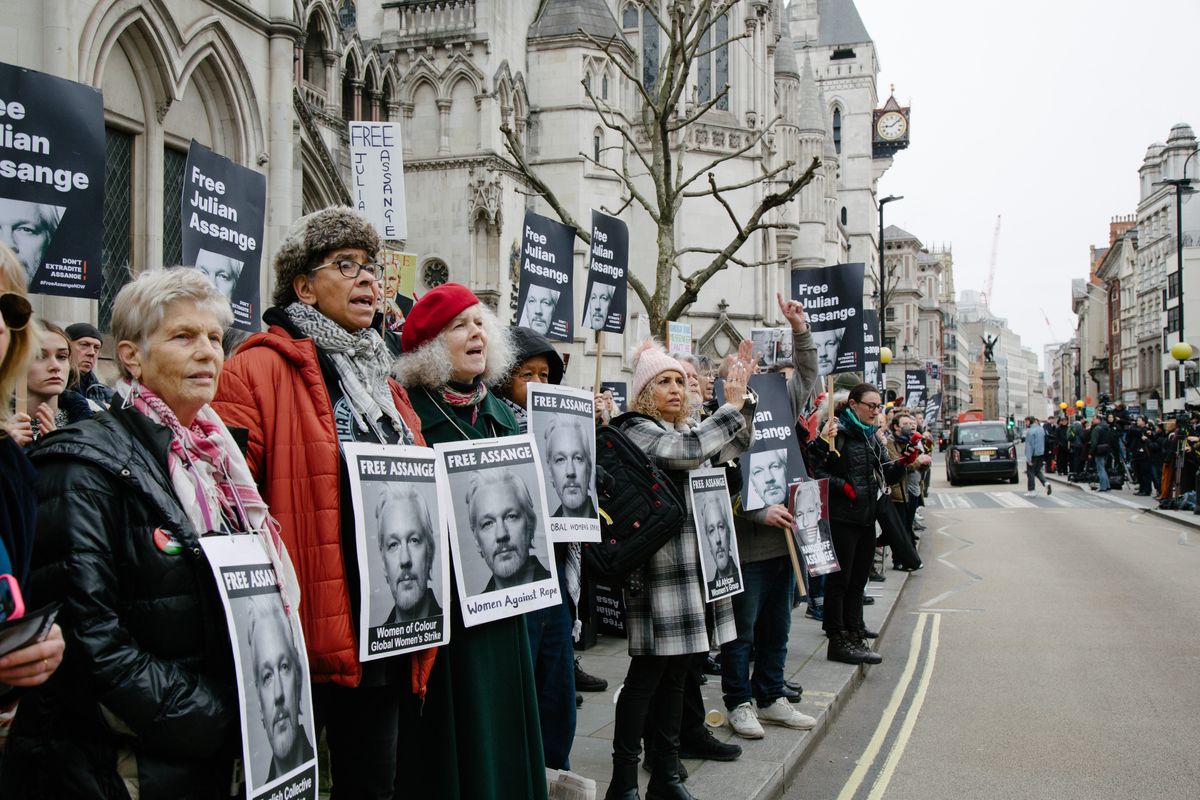In a two-day hearing this week, Julian Assange, the founder of WikiLeaks, made a last-ditch effort to avoid extradition from the UK to the US, where he could be charged with spying and punished for exposing top-level government secrets.
His lawyers argued that the extradition case is politically motivated and an assault on freedom of speech and press. If he loses, the only remaining block to extradition lies with the European Court of Human Rights, which has already dismissed two applications from him in 2015 and 2022.
Assange was charged in secret in the US in 2018, and should he be extradited, he could face up to 175 years in prison (though government lawyers have said it’s likely to be close to 4-6 years). Meanwhile, Australia’s parliament is calling for Assange to serve his sentence in his homeland.
But since Assange’s story began almost 15 years ago, it’s time for a refresher. Here’s what you need to know.
Who is he? Assange is an Australian-born hacker and publisher. Depending on where you stand, he is either a free speech hero, a journalistic ally, a national security threat – or all of the above.
In 2010, Wikileaks published nearly 500,000 classified documents on the war in Afghanistan and Iraq, diplomatic cables, military footage, and private emails. His publications have put lives at risk, strained US alliances, hurt Hilary Clinton’s 2016 presidential chances, and sparked democratic uprisings – most notably, the Arab Spring in Tunisia.
The Obama administration decided not to charge Assange out of respect for press freedom, but during the Trump presidency, the US Justice Department accused Assange of violating the Espionage Act.
Assange has spent seven years in asylum and five years in a British jail. Following the initial leaks, a Swedish court ordered Assange’s arrest over allegations of sex crimes. To avoid being extradited to Sweden, Assange sped to the Ecuadorian embassy in London, where he was granted asylum until 2019.
Ever since, Assange has remained in a UK prison over breaching bail conditions, fighting extradition hearings with the US. In June 2022, the UK approved the extradition, and last year a judge at London's High Court turned down Assange’s request for an appeal – a sign that he has reached the limits of the British courts.
Two British High Court judges are now mulling whether Assange’s time in the UK is up – a process that could take days or weeks.



















